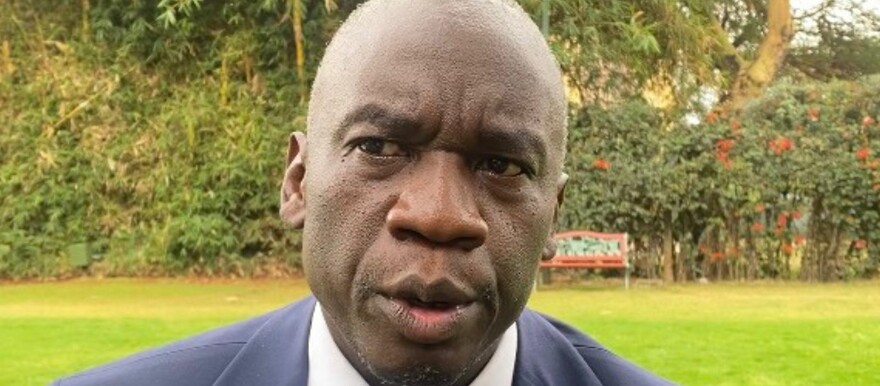The U.N. Commission on Human Rights in South Sudan on Wednesday warned that the country is on the verge of sliding back into full-scale war and urged the international community to take coordinated action to prevent the collapse of its fragile political transition.
Commissioner Barney Afako told the U.N. General Assembly that South Sudan’s 2018 peace deal — once hailed as a path to stability — is unraveling amid renewed fighting, political detentions, and airstrikes in civilian areas.
“South Sudan’s political transition is falling apart,” Afako said in remarks to the General Assembly’s Third Committee, which handles humanitarian and social affairs. “The ceasefire is not holding, political detentions have become a tool of repression, and the peace agreement’s key provisions are being systematically violated. All indicators point to a slide back toward another deadly war.”
The Commission said armed clashes are spreading at a scale not seen since 2017, driven by political rivalries, ethnic tensions, and local grievances. It said reshuffles and partisan appointments have deepened mistrust among key peace deal signatories, while local violence is being exploited by national actors for military and political gain.
Since March, fighting between rival forces has sharply intensified, displacing more than 370,000 civilians. Around 2.5 million South Sudanese are now refugees in neighboring countries, while 2 million remain internally displaced.
“The suffering of South Sudan’s people is not collateral damage — it is the direct consequence of political failure,” said Yasmin Sooka, chair of the Commission. “Civilians are being bombarded, women raped, children recruited into combat, and communities terrorized. This war on the people of South Sudan is man-made and preventable. It will end only when leaders are held accountable.”
The Commission urged the United Nations and African Union to step up efforts to address what it called a “crisis rooted in governance failures and impunity.”
“Peace will not come through words or handshakes,” Sooka said. “It will come through concrete actions — ending impunity, protecting civilians, and building institutions that serve people, not power.”
In its latest report to the Human Rights Council, released in February, the Commission documented escalating conflict in Nasir County, where government troops clashed with local armed groups. Ceasefire monitors had called for a neutral unified force to replace exhausted troops, but the government instead deployed partisan forces, triggering further violence.
The report said the National Security Service has continued to arbitrarily detain opposition leaders despite government promises to revoke its detention powers. It also documented widespread sexual violence against women and girls, child recruitment, and extrajudicial killings.
Commissioner Carlos Castresana Fernández said corruption remains one of the main drivers of South Sudan’s conflict.
“Billions in oil revenues have been siphoned off while the population starves,” Fernández said. “Hospitals have no medicines, schools have no teachers, and soldiers go unpaid while elites enrich themselves. Corruption is not a side effect of the conflict — it is one of its engines.”
The Commission’s September report, “Plundering a Nation: How Rampant Corruption Unleashed a Human Rights Crisis in South Sudan,” detailed how diverted oil revenues have fueled both conflict and deprivation.
The Commission urged the U.N., the African Union, and regional partners to accelerate the establishment of the Hybrid Court for South Sudan and to intensify diplomatic engagement to bring all actors — including those outside the current peace framework — into a credible political process.
“South Sudan’s people cannot endure another collapse,” Sooka said. “Justice and accountability must no longer be deferred promises. The international community must move beyond words to coordinated action.”
The U.N. Commission on Human Rights in South Sudan was established in 2016 by the Human Rights Council. It is composed of independent experts appointed by the Council’s president and supported by a secretariat based in Juba.




